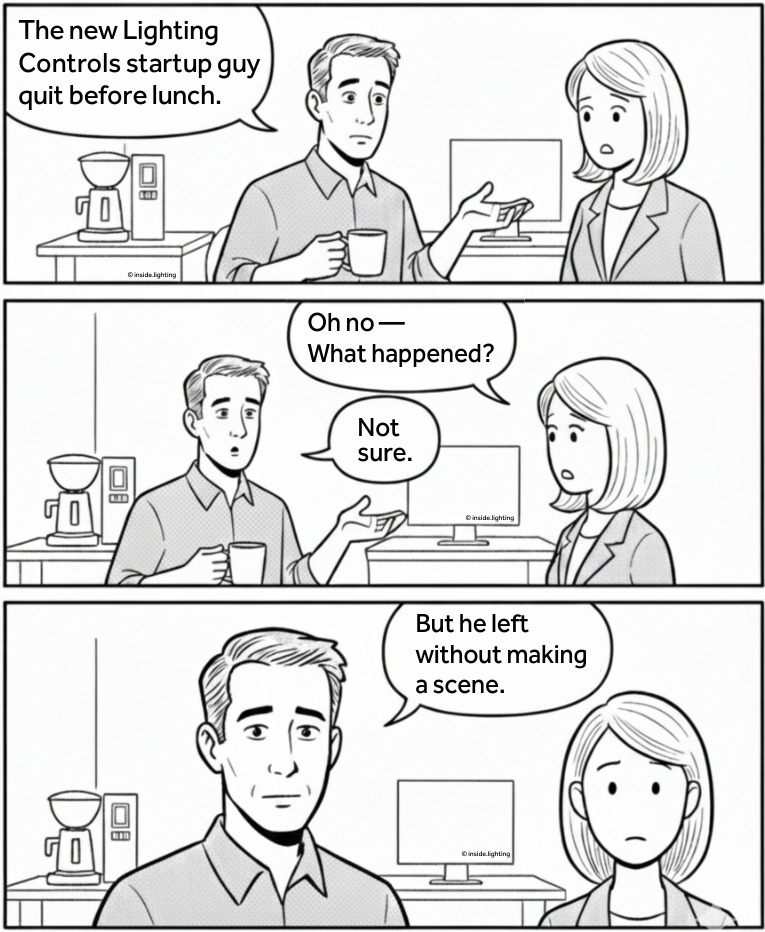February 27, 2023
Architects Applaud Removal of Unpopular Licensure Obstacle

Legendary designer’s positive impact on projects, people and the design profession continues to shine
The National Council of Architectural Registration Boards (NCARB) Board of Directors unanimously decided to retire the board's rolling clock policy, which placed a five-year expiration date on passed divisions of the Architect Registration Examination (ARE®). Effective April 30, 2023, the policy will be replaced with a new score validity policy, which bases the validity of passed ARE divisions on exam versions (such as ARE 4.0 or ARE 5.0) rather than a set time frame.
The National Council of Architectural Registration Boards (NCARB) Rolling Clock policy has been a system used to track the time period during which an architecture candidate must complete the Architectural Experience Program (AXP) and pass the Architect Registration Examination (ARE) in order to become licensed as an architect in the United States.
Under the Rolling Clock policy, candidates are given a specific time frame, or "rolling clock," in which they must complete their AXP and pass the ARE. The rolling clock starts when a candidate completes their first credit of AXP and runs for five years. If the candidate does not complete their AXP or pass the ARE within the five-year period, any credits earned more than five years prior will expire and will no longer count towards meeting the experience or examination requirements for licensure.
According to the NCARB, a passed exam division would remain valid throughout the delivery of the exam version under which it was taken, as well as the next exam version. This means that passed exam divisions:
Would be valid throughout the delivery of the version of the exam under which they were taken (i.e., ARE 5.0), AND
Would be used to establish appropriate credits under the next version of the exam (likely ARE 6.0) that would remain valid until this version ends.
Lakisha Ann Woods, CEO of the American Institute of Architects (AIA) commented, "The U.S. needs more licensed architects to advance a healthy, safe, and thriving built environment, and AIA believes individuals deserve flexibility as they pursue licensure. This change in policy will allow more opportunities for individuals to achieve that goal."










